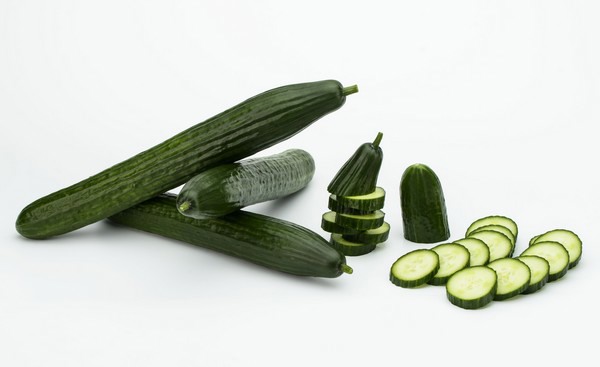Izal is the new Dutch cucumber variety developed by Sakata, suited for mid-cycle autumn and winter sowings. Transplanting takes place between late August and early October. It stands out for the quality of its fruit, which remains stable and unbeatable throughout the cycle, and for the structure of its plant.

Cecilio Fernández, responsible for the product, says that "the Izal plant is highly generative and has a very open bearing, allowing high production and excellent fruit quality." He also says that the plant has short internodes and small leaves. It tends to generate more than to vegetate. These characteristics allow maximum light input, resulting in dark fruit, minimal labor requirements, and high effectiveness of any treatments applied. This leads to greater prevention of fungal diseases that may threaten the crop and brings numerous advantages to the grower in terms of yield and profitability.
The result could not be other than a cucumber of extraordinary quality; a straight, dark-colored fruit, very ribbed and with a very small pistil closure. The length of the Izal is ideal for marketing throughout the entire cycle. While other varieties see their characteristics affected in the last harvests, the Izal delivers color and uniformity from start to finish; and of course, profitability, not only in terms of quantity but also in terms of quality. There is little wastage and the fruit looks very attractive, so growers will manage to increase their profitability.

The team in charge of its development told us where its name comes from. Some of them are passionate about indie music, so they picked the name of one of their favorite bands, Izal, for their new variety, which has been developed with great care and dedication in Almeria.
The Izal is Sakata's first Dutch cucumber, and the company, one of the world's leading vegetable breeding companies, continues to work on new launches. One of them will be the variety CUD219207, which will be released soon and will be intended for transplanting in early autumn and spring.

For more information:
Sakata
www.sakata-vegetables.eu
